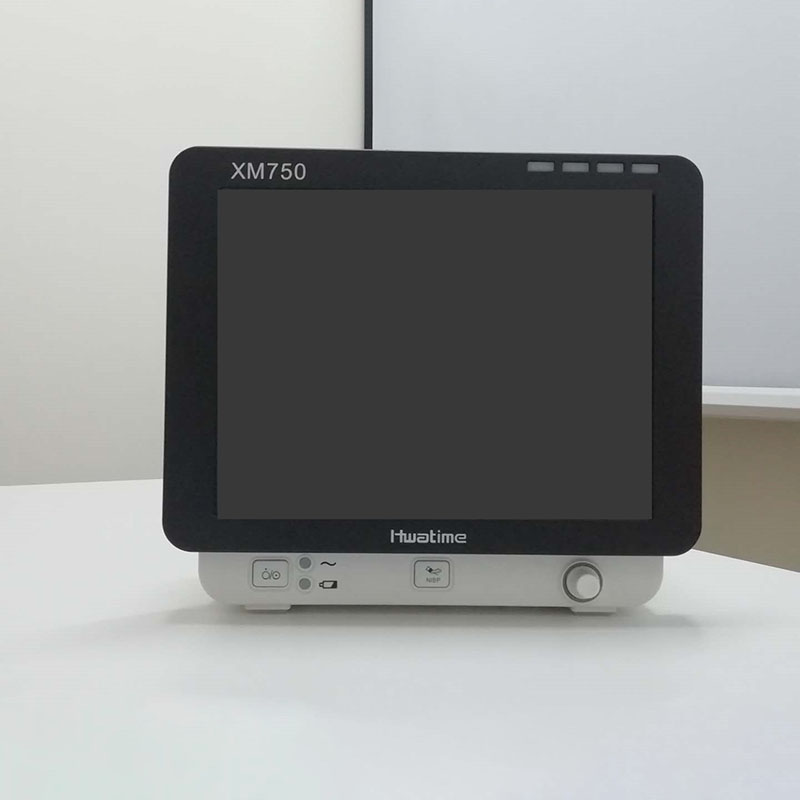What do your blood pressure numbers mean?
The only way to know if you have high blood pressure, also known as hypertension, is to have your blood pressure tested. Understanding your results is key to controlling high blood pressure. Patient Health Monitoring System

Learn what is considered normal, as recommended by the American Heart Association.
Note: A diagnosis of high blood pressure must be confirmed with a medical professional. A health care professional should also evaluate any unusually low blood pressure readings.
Download this chart: English Jpeg | English PDF | Spanish Jpeg | Spanish PDF | Traditional Chinese Jpeg | Traditional Chinese (PDF)
The five blood pressure ranges as recognized by the American Heart Association are:
Blood pressure numbers of less than 120/80 mm Hg (millimeters of mercury) are considered within the normal range. If your results fall into this category, stick with heart-healthy habits like following a balanced diet and getting regular exercise.
Elevated blood pressure is when readings consistently range from 120-129 systolic and less than 80 mm Hg diastolic. People with elevated blood pressure are likely to develop high blood pressure unless steps are taken to control the condition.
Hypertension Stage 1 is when blood pressure consistently ranges from 130 to 139 systolic or 80 to 89 mm Hg diastolic. At this stage of high blood pressure, health care professionals are likely to prescribe lifestyle changes and may consider adding blood pressure medication based on your risk of atherosclerotic cardiovascular disease, or ASCVD, such as heart attack or stroke.
Hypertension Stage 2 is when blood pressure consistently is 140/90 mm Hg or higher. At this stage of high blood pressure, health care professionals are likely to prescribe a combination of blood pressure medications and lifestyle changes.
This stage of high blood pressure requires medical attention. If your blood pressure readings suddenly exceed 180/120 mm Hg, wait five minutes and then test your blood pressure again. If your readings are still unusually high, contact your health care professional immediately. You could be experiencing a hypertensive crisis.
If your blood pressure is higher than 180/120 mm Hg or you are experiencing signs of possible organ damage such as chest pain, shortness of breath, back pain, numbness/weakness, change in vision or difficulty speaking, do not wait to see if your pressure comes down on its own. Call 911.
Your blood pressure numbers and what they mean
Your blood pressure is recorded as two numbers:
Typically, more attention is given to systolic blood pressure (the first number) as a major risk factor for cardiovascular disease for people over 50. In most people, systolic blood pressure rises steadily with age due to the increasing stiffness of large arteries, long-term buildup of plaque and an increased incidence of cardiac and vascular disease.
However, either an elevated systolic or an elevated diastolic blood pressure reading may be used to make a diagnosis of high blood pressure.
Written by American Heart Association editorial staff and reviewed by science and medicine advisors. See our editorial policies and staff.
Why HBP is a "Silent Killer"
Changes You Can Make to Manage High Blood Pressure
Get Down With Your Blood Pressure™
Find HBP Tools and Resources
Why HBP is a "Silent Killer"
Changes You Can Make to Manage High Blood Pressure
Get Down With Your Blood Pressure™
Find HBP Tools and Resources
Heart Insight® e-news is our trusted, award-winning monthly publication for people living with heart disease, their families and caregivers.
Don’t miss an issue. Subscribe today!
By clicking the sign up button you agree to the Terms and Conditions and Privacy Policy.
Our mission is to be a relentless force for a world of longer, healthier lives. As we move into the second century of our work, we are advancing health and hope for everyone, everywhere.
*All health/medical information on this website has been reviewed and approved by the American Heart Association, based on scientific research and American Heart Association guidelines. Find more information on our content editorial process.
National Center 7272 Greenville Ave. Dallas, TX 75231
Customer Service 1-800-AHA-USA-1 1-800-242-8721 Contact Us
Hours Monday - Friday: 7 a.m. – 7 p.m. CT Saturday: 9 a.m. - 5 p.m. CT Closed on Sundays
©2024 American Heart Association, Inc. All rights reserved. Unauthorized use prohibited. The American Heart Association is a qualified 501(c)(3) tax-exempt organization. *Red Dress ™ DHHS, Go Red ™ AHA ; National Wear Red Day® is a registered trademark.

Icu Patient Monitor This link is provided for convenience only and is not an endorsement of either the linked-to entity or any product or service.